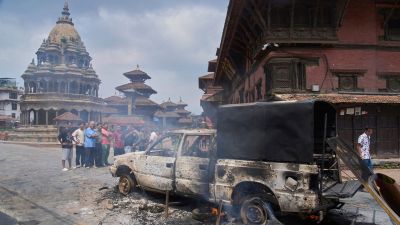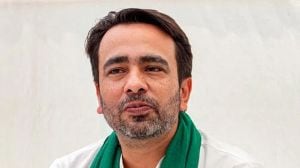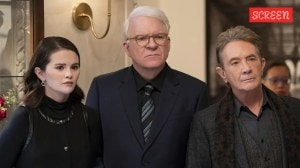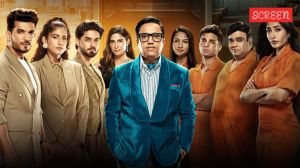SC allows proof by video-conferencing
In a landmark judgement today, the Supreme Court allowed technology into the courtroom in a way that could change the course of criminal tri...

In a landmark judgement today, the Supreme Court allowed technology into the courtroom in a way that could change the course of criminal trials in India. The judgement essentially allows the use of video-conferencing to record the evidence of a witness residing abroad and who is unable to present himself or herself before a trial court in India.
It was based on the interpretation of Section 273 of the CrPC, in a case of medical negligence against two Mumbai-based doctors, filed by P.C. Singhi following his wife’s death after a surgery 14 years ago.
Singhi’s 56-year-old wife, Leela, had been operated upon for cancer of the cervix under renowned cancer specialist Dr Praful Desai of Bombay Hospital and Tata Memorial Hospital.
In December 1987, Dr Desai had directed his assistant Dr A.K. Mukherjee in Bombay Hospital to open the patient’s abdomen against the opinion of US-based cancer specialist, Dr Ernest Greenberg of Sloan Kettering Memorial Hospital. Dr Greenberg had said the patient was ‘‘inoperable’’. Dr Desai, therefore, directed Dr Mukherjee to close the incision but the patient suffered due to intestinal fistula and eventually died in February 1989.
An elated Singhi (75) today told The Indian Express, ‘‘It is one of the greatest achievements of my life. Many told me I was wasting my time but I told them I was doing it in public interest. My family is very happy.’’
Photos



- 01
- 02
- 03
- 04
- 05



























